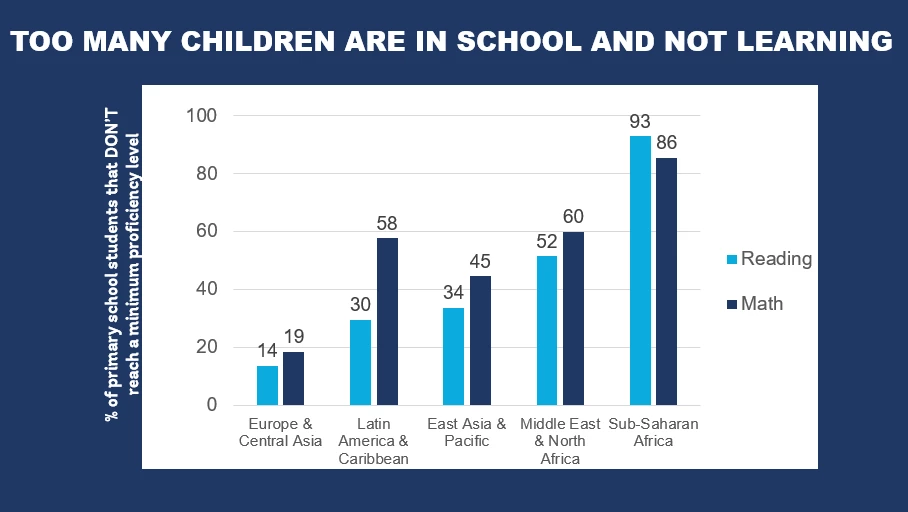
With the call for action issued last month in Dakar, the commitment was clear: Francophone countries in Africa will seek to improve the well-being of their citizens by accelerating the transformation of public financial management systems. They will take this initiative through strong partnership between governments and the accountancy profession with the support of the development partners.
The call was made by 200 high-level delegates from 20 countries: decision-makers and practitioners from both the public sector and professional accounting organizations, and representatives from multilateral development organizations and civil society.
“The effective implementation of these reforms will improve the use of public resources to enhance delivery of services, transparency, accountability, and citizens’ trust in our governments,” said the Honorable Ansoumane Condé, Minister for Budget of the Republic of Guinea, after reading the call on October 29.
The conference congratulated the governments in the region that have already adopted laudable PFM reforms. In particular, member countries of West African Economic and Monetary Union (WAEMU) and Economic Community of Central African States (CEMAC) adopted in 2009 and 2011, respectively, a series of directives to improve and modernize public financial management. The call urged countries to accelerate the implementation of these directives, especially:
- Development and implementation of a strategy addressing all aspects of the directives, including the financial reporting directive, to roll out these public sector standards in each country
- Implementation of these public sector standards starting in 2017
- Monitoring, evaluation, and public reporting on progress annually, with the first progress reports to be issued by 2018
- Any corrective action needed
The World Bank welcomes the call and wholeheartedly supports PFM reforms in Francophone Africa by providing US$ 2 billion in operations assistance. These resources offer opportunities to achieve the objectives of the call for action. This work is vital to our core mission of reducing extreme poverty and ensuring shared prosperity.
The conference also challenged the accountancy profession to redefine itself by opening up and supporting the development of more professional and technician accountants to serve both the public and private sectors. As it stands, only accountants working in audit practices are registered as members of professional accountancy organization in Francophone countries (see table 1 below) while elsewhere the accountancy profession includes all accountants, irrespective of the occupation (civil servant, private sector employee or self-employed).
Finally the conference urged the accountancy profession to take time to understand the specifics of public sector, to build relationships with government, and to develop services and products tailored to public sector needs, especially those relating to improving financial reporting and financial management systems. In return, governments committed to collaborate with the accountancy profession to reach the highest standards of transparency.
The group includes the West African Economic and Monetary Union (WAEMU), the Economic Community of Central African States (CEMAC) and Organisation pour l'Harmonisation en Afrique du Droit des Affaires (OHADA), members of the international and regional accountancy profession - Federation Internationale des Experts-Comptables Francophones (FIDEF), Pan African Federation of Accountants (PAFA) and International Federation of Accountants (IFAC) – and development partners, including the World Bank, the African Development Bank Group, European Union, the United Nations Development Programme (UNDP), and the US Agency for International Development (USAID).)
For more information about the conference, we invite you to view the website put together by our partners at Ordre National des Experts Comptables et des Comptables Agrees du Senegal (ONECCA) and read the previous blog on this subject, “ A conference to improve public financial management in Francophone Africa” posted by Samia Msadek, Director, Governance Global Practice, World Bank.
Tweet this:
A call for action and the way forward for reform in Francophone Africa



Join the Conversation